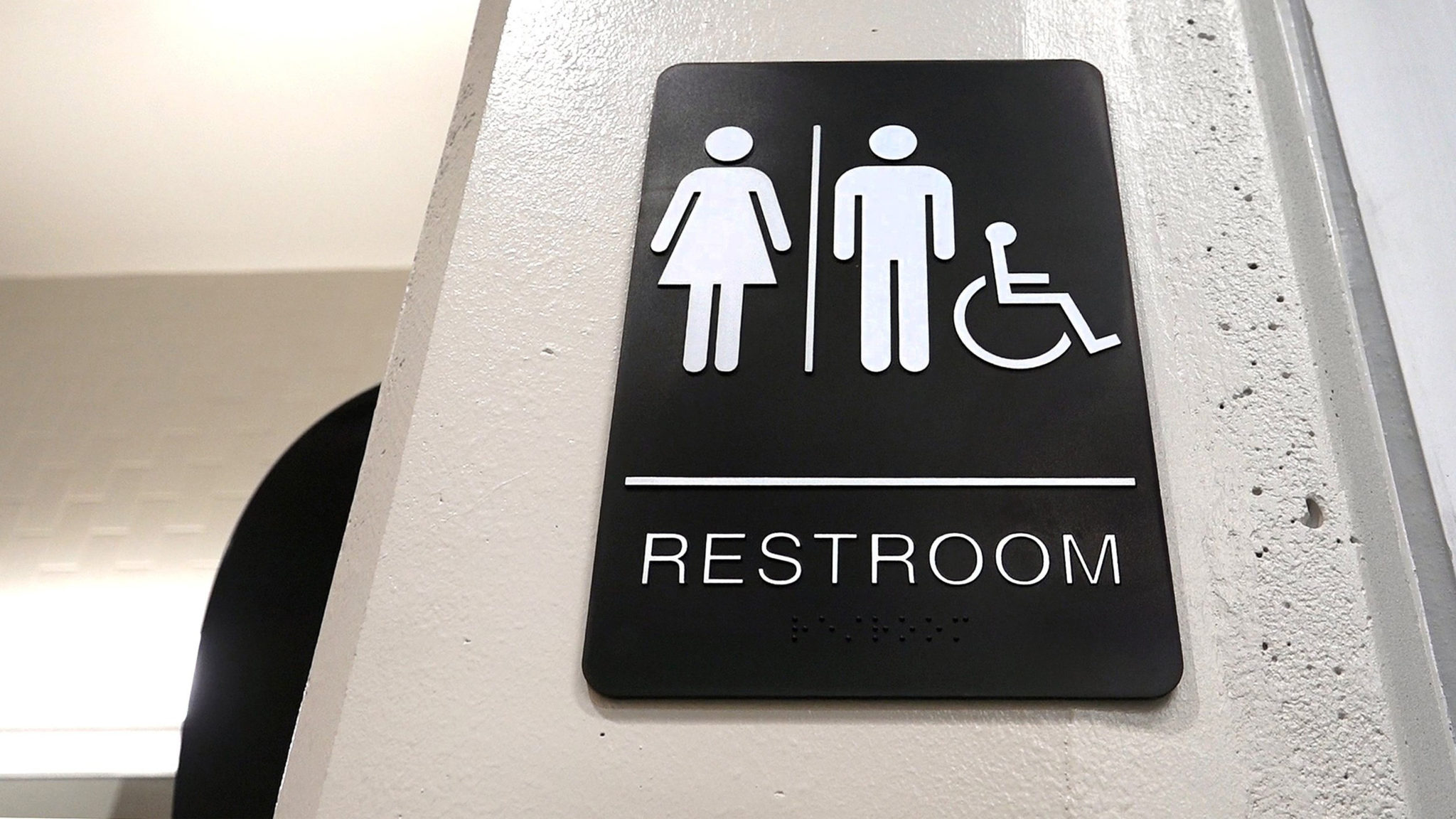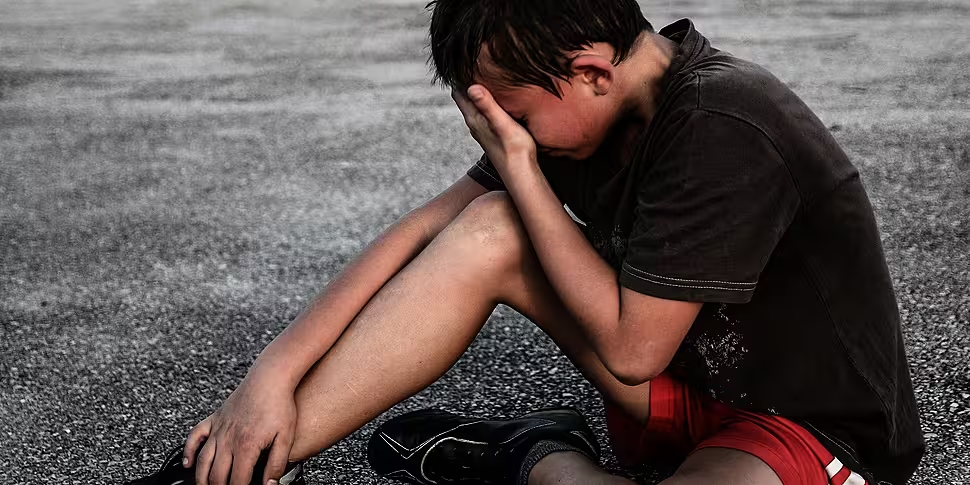On this week's 'Parenting' segment on the Moncrieff show, one listener sought advice on what to do about her son, who is almost seven years old and is still wetting himself.
Joanna Fortune, a psychotherapist specialising in child and adult psychotherapy, offered some guidance.
Listener question
My son, at almost seven, is still wetting himself (wet patches, not puddles). Have had him investigated medically and all clear.
His classmates are mentioning it, which upsets him, but otherwise, he doesn't seem to give a hoot, and it's driving me batty!
Should I let it go completely? Because I'm constantly nagging him and asking him to use the toilet and he's getting really cross with me.
Joanna Fortune's advice
"I always things toileting and food are the most challenging things kids can throw at us because what goes in and out of the body and those control issues around the body are very much in their control and we can't make them do something or change something, we can't rescue him from this. He has to come in and say, 'Yes, I recognise this is something I want to change', because otherwise, you're putting all these systems in place and he's getting irritated, he's getting cross, he doesn't want to go there or think about it.
"The only hook is that he is getting upset that his classmates are mentioning it and at seven and moving into older age groups, he's much more conscious of what his friends are thinking of him because as children leave that early childhood stage, under seven years old, and move into older childhood, what their friends and peers think of them is in much sharper focus than before.
"You've done the right thing because he's medically cleared, with this kind of thing I always try to rule out something medical. Before we know it's something the child can change let's make sure it's something within his control. But once he's medically cleared, he would then look at emotional causes, has anything happened that's distressing? Is he experiencing a tough time in school? Anything like that that could emotionally be triggering over behaviour like wetting. If you're happy that there's nothing like that going on, then we would also look at behavioural issues.
 File photo. Credit: Keith Myers/Kansas City Star/TNS/Sipa USA
File photo. Credit: Keith Myers/Kansas City Star/TNS/Sipa USA"The biggest reason [children wet themselves] is that they're so busy and so immersed in their play that they're just not listening to body cues, or when they go to the toilet, they want to get in and out in ten seconds flat because they don't want to miss anything so they're not fully emptying their bladder which is why you might then get the drips and wet patches rather than puddles coming.
"I do think you want to come at this gently but firmly and say you notice it's been hard for him to hear his body telling him when it's time to go so until his body can do that for him, you're going to have to be that voice. So while he doesn't like hearing you say, 'Hey, let's do the toilet schedule', at the same time, 'Your body is telling you but I think it's just too hard to hear it, when you start hearing your body, I'll stop saying it'.
"You're doing it in a way of 'if and then' and you're flagging to him 'you can do this yourself' but 'until that's within your scope, I'm going to help you'. Him not wetting himself is just something he's got to master."









